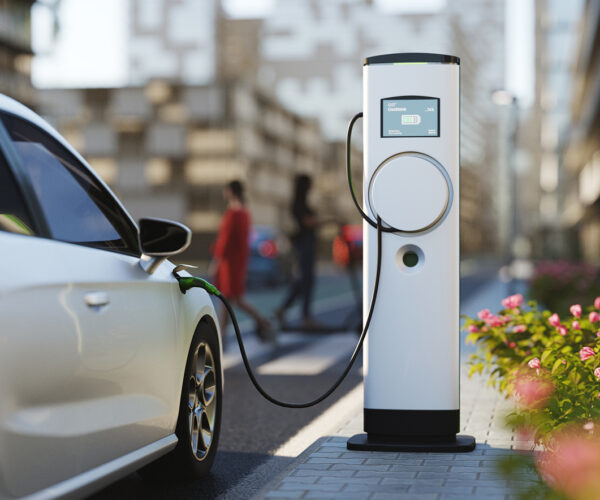10 Factors Affecting Profitability of EV Charging Stations
In the fast-evolving landscape of electric vehicles, the role of EV charging stations is increasingly crucial. These stations serve as the lifelines of the EV ecosystem, facilitating the recharge of electric vehicles and driving the transition to sustainable transportation. However, the profitability of EV charging stations is subject to various factors that influence their success in the market. In this article, we delve into five key factors that significantly impact the profitability of EV charging stations.

1. Location and Accessibility
One of the primary determinants of a charging station’s profitability is its location and accessibility. Strategically positioning charging stations in high-traffic areas, such as shopping centers, business districts, and along major highways, enhances visibility and accessibility for EV owners. Additionally, ensuring ample parking space for EVs and easy ingress and egress are crucial aspects of location planning. A well-placed charging station attracts more users, resulting in higher utilization rates and increased revenue potential.
2. Network Connectivity and Reliability
Reliable network connectivity is essential for EV charging stations to process payments, provide real-time status updates, and communicate with central management systems. Poor network connectivity or system downtime can lead to lost revenue opportunities and decreased profitability.
3. Competition in the Market
Market competition plays a significant role in shaping the profitability of EV charging stations. The presence of multiple charging stations in close proximity can lead to price competition, potentially impacting profit margins. However, being an early entrant in areas with limited charging infrastructure can provide a competitive advantage and establish brand recognition. Moreover, offering unique value propositions, such as faster charging speeds or additional amenities, can help charging stations differentiate themselves in a competitive market.

4. Adoption Rate of EVs
The adoption rate of electric vehicles directly influences the demand for charging infrastructure and, consequently, the profitability of charging stations. As more consumers transition to EVs, the need for charging facilities increases, driving up revenue potential for charging station operators. Factors such as government incentives, environmental awareness, and advancements in EV technology contribute to the accelerated adoption of electric vehicles, creating a favorable market environment for charging station profitability.
5. Payment Processing Fees
Payment processing fees incurred from credit card transactions or third-party payment platforms can affect profitability. These fees can vary based on transaction volume and payment processing providers.
6. Government Incentives and Regulations
Government incentives and regulations play a critical role in shaping the profitability of EV charging stations. Incentives such as tax credits, subsidies, and grants can help reduce the initial investment costs associated with establishing charging infrastructure. On the other hand, regulatory frameworks governing pricing, interoperability, and safety standards can impact operational aspects of charging stations. Adherence to regulatory requirements is essential for ensuring compliance and avoiding penalties, thereby safeguarding the profitability of charging stations.

7. Technological Advancements
Technological innovations play a vital role in enhancing the profitability of EV charging stations. Advancements in charging technology, such as faster charging speeds, wireless charging, and smart grid integration, improve the efficiency and reliability of charging infrastructure. Additionally, the implementation of advanced metering systems, billing platforms, and data analytics tools enables charging station operators to optimize resource allocation, minimize downtime, and enhance the overall user experience. Investing in cutting-edge technologies positions charging stations for long-term profitability and competitiveness in the evolving EV market.

Download our 1C EV Charging Station Locator App Today!
One Stop Solution to find a verified charging station near by.

8. Electricity Costs
The price of electricity directly impacts the operational expenses of EV charging stations. Fluctuations in electricity rates or unexpected increases can affect profit margins, especially if charging fees are fixed.
9. Charging Speed and Efficiency
The speed and efficiency of charging can influence profitability. Faster charging stations may attract more customers, leading to higher revenue generation. Additionally, efficient charging systems reduce energy wastage and operational costs.
10. Maintenance and Repair Costs
Regular maintenance and occasional repairs are necessary to keep charging stations operational. High maintenance or repair costs can cut into profits, especially if stations experience frequent downtime.
Conclusion
To sum up, the success of EV charging stations depends on where they’re located, how much competition they have, how many people are using electric cars, and if they follow government rules. Keeping up with new technology and finding ways to stand out from the crowd are important for making money in the EV charging business.







